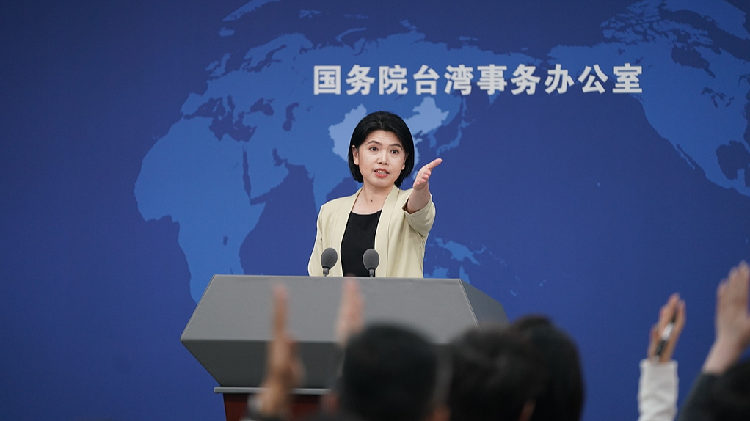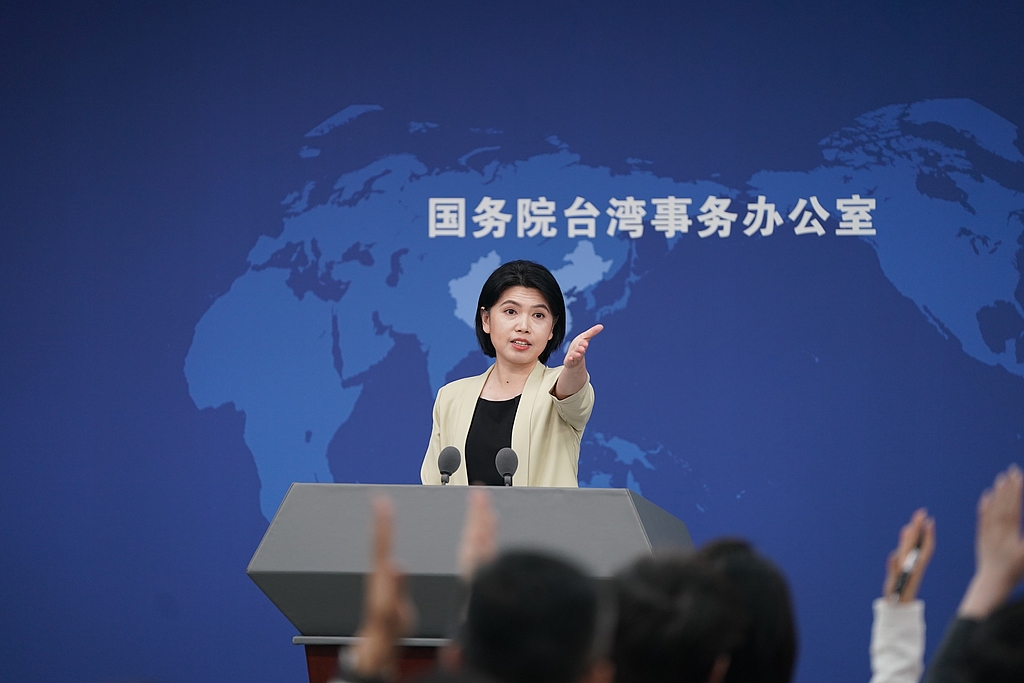China's Mainland Issues Stark Warning to DPP: Ignoring Heritage Will Come at a Cost
Mainland warns Taiwan's DPP: "Those who forget their heritage will come to no good end" amid criticism of Cross-Strait Culture Summit


A mainland spokesperson delivered a forceful message on Wednesday to authorities of Taiwan's Democratic Progressive Party (DPP), declaring that “those who forget their heritage will come to no good end”. The remarks followed criticism by the DPP regarding the recently concluded second Cross-Strait Chinese Culture Summit, an event focused on promoting understanding and shared cultural roots between people on both sides of the Taiwan Straits.
Zhu Fenglian, spokesperson for the Taiwan Affairs Office of the State Council, rejected the accusations made by Taiwan's Mainland Affairs Council, which had labeled the summit as a so-called political "united front" operation. The DPP administration reportedly threatened to investigate Taiwan-based business leaders who attended the forum and expressed support for a Chinese cultural identity, drawing concern from both participants and observers.
The spokesperson underscored the deep ancestral roots, language, and cultural bonds that connect people across the strait, stating, “We are one family with blood ties and a shared destiny.” Zhu described the Cross-Strait Chinese Culture Summit as a vital platform for facilitating cultural exchange and cooperation, emphasizing its non-political intentions and the importance of maintaining civil dialogue.
With the summit's theme—“inheritance, promotion, and development”—organizers brought together more than 800 scholars, artists, and cultural figures from both mainland China and Taiwan. According to Zhu, a significant number of Taiwanese participants voiced their appreciation for the shared historical and cultural identity, reaffirming their dedication to preserving and passing on Chinese traditions to future generations.
“This is their right and freedom,” Zhu said, highlighting these views as representative of a broader public desire in Taiwan for peace, development, dialogue, and cooperation across the strait. She further criticized the DPP for what she described as its tendency to prioritize divisive political interests above common cultural heritage and the collective aspirations of people on both sides.
By focusing on alleged "united front" threats and encouraging anti-mainland sentiment, Zhu argued that the DPP exposes what she termed “authoritarianism under the guise of democracy.” She condemned efforts to intimidate those who support peaceful relations and collaboration, insisting that such actions run counter to the interests and wishes of the broader Taiwanese public.
As cross-strait relations remain under close scrutiny, the rhetoric surrounding cultural identity and political sovereignty continues to escalate. The mainland’s latest statements underscore its ongoing effort to use shared heritage as a bridge for dialogue, even as tensions persist with the DPP administration’s approach to cross-strait engagement.




